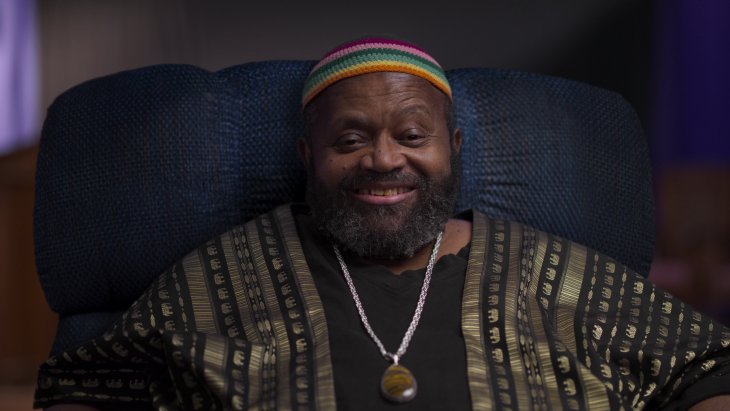New VA Policy Tied to Anti-Trans Order May Allow Refusals of Treatment
Medical professionals across the Department of Veterans Affairs health system may now legally refuse treatment to veterans based on personal beliefs related to political affiliation or marital status, following a rule change enacted in response to an executive order signed by former President Donald Trump.
The revised guidelines, obtained by The Guardian, have already been implemented at some VA hospitals and apply to a broad range of health workers, including psychologists, dentists, social workers, and nurse practitioners. While protections remain in place against discrimination based on race, color, religion, or sex, the updated language eliminates requirements that staff serve veterans regardless of their political beliefs or marital status.
The Department of Veterans Affairs operates the country’s largest integrated health care system, encompassing more than 170 hospitals and 1,000 outpatient clinics. The system employs approximately 26,000 physicians and serves about 9 million veterans each year.
In a written statement, VA press secretary Peter Kasperowicz said the revisions are administrative updates meant to align agency policy with federal law. He did not specify which federal statute necessitated the change, but acknowledged the move came in response to Trump’s Jan. 30 executive order titled “Defending Women from Gender Ideology Extremism and Restoring Biological Truth to the Federal Government.”
That order, which broadly targets protections for transgender individuals, has also led to a halt in most gender-affirming care at VA facilities and a prohibition on using terms such as “gender affirming” and “transgender” in clinical settings.
Though VA officials say that all veterans remain eligible for care and will not be denied benefits, the rule changes grant individual medical staff the right to decline treatment to patients based on personal convictions not covered under existing federal anti-discrimination law.
Additionally, documents reviewed by The Guardian indicate that hiring decisions may now factor in an applicant’s marital status, political party membership, or involvement in labor unions; criteria that previously could not be used to exclude qualified candidates.
Medical professionals and veterans’ advocates have expressed alarm over the policy shift. Experts warn that the relaxed standards could disproportionately affect women, LGBTQ+ veterans, and individuals in rural areas where access to alternative care is limited.























